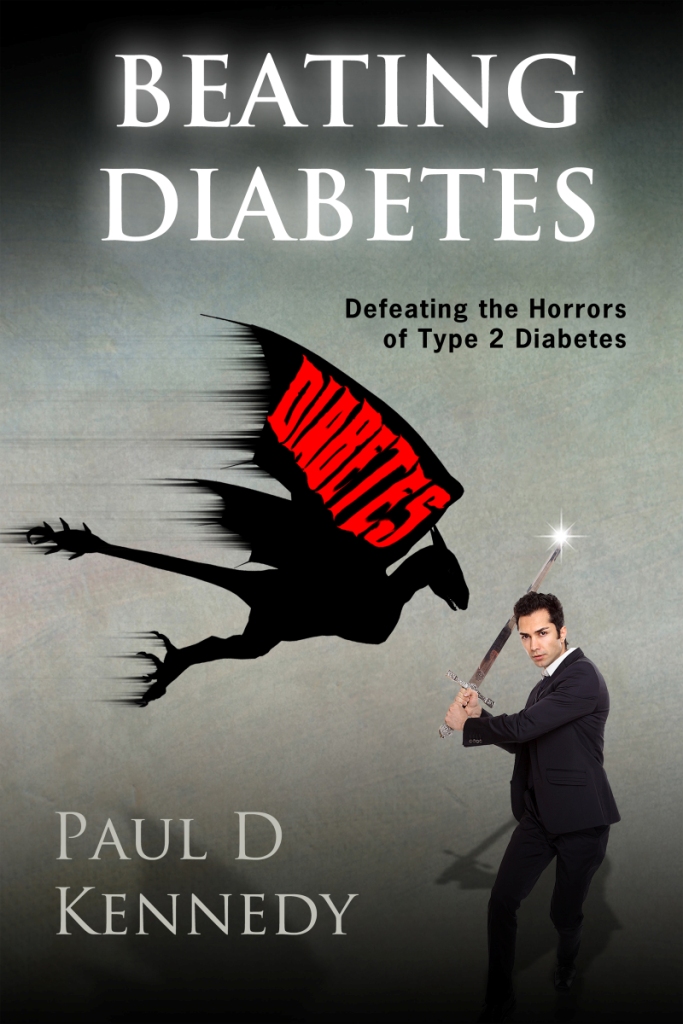As we grow older we begin to suffer from age-related frailties and diseases. Why does this happen and is there anything we can do to reverse or postpone the process?
In my previous article How and Why We Age, I explained that aging is the process by which we gradually weaken and lose function as we grow older.
That we should lose the energy, strength and resistance to disease we had when we were young seems strange because our bodies are constantly renewing themselves through cell division.
It seems, unfortunately, that they can only do this about 50 to 60 times after which they die.
The reason our cells do not divide indefinitely is because each time they divide their telomeres get shorter. Telomeres are repetitive strings of DNA found at the ends of chromosome pairs within cells. Their purpose is to protect the chromosomes.
Each time a cell divides a portion of the telomere at the end of the chromosome pair is lost. So each new generation of cells has slightly shorter telomeres than its parent.
As the telomere shortens, the behaviour of the cell slows down. The signals that control the output of hormones and the immune function become weaker. The cells start to act old.
As more and more cells start acting old, the body deteriorates. Eventually it can defend itself no longer and succumbs to disease.
This is why older people are more susceptible to disease than younger people and indeed suffer from a wide range of debilitating medical conditions.
So how can we prevent our telomeres from shortening (or, at least, reduce the rate at which they are shortening) and so postpone the aging which is our future lot?
There are three things that can help:
- regular injections of telomerase
- taking control of homocysteine levels
- taking massive doses of vitamin C on a daily basis
Injections of telomerase
Telomerase is a protein that is capable of producing new telomeres on the ends of chromosomes in aging cells, ie it can prolong the lives of cells.
Actually, telomerase is found in all cells. Normally however it is turned off, ie it is not active.
It would seem that should active telomerase be added to normal cells, these cells should continue to replicate beyond their allotted 50 to 60 cell divisions.
The patent for telomerase is owned by Geron Corporation, a biotechnology company. Geron have found out how to rebuild aging telomere to lengths that are typical of younger cells.
To do so they extract a molecule called TA-65 from a Chinese herb called astragalus. TA-65 activates the gene that makes telomerase.
TA-65 seems to work. In one study, cells to which telomerase had been introduced replicated at least 20 more times than they normally would.
In another study, a group of men between the ages of 60 and 85 were given concentrated extracts of telomerase. After six months the men showed remarkable changes with improved immune strength, significantly improved eyesight, better sex lives, and more youthful and radiant skin.
In order to lengthen telomeres significantly a 12-month course of injections of TA-65 is required. Only a very few clinics are offering this in the USA and the cost for most people would be prohibitive.
If you cannot afford injections of TA-65 to reverse the loss of telomeres, there is plenty of other things you can do to slow the shortening of your telomeres.
Controlling homocysteine levels
Homocysteine is an amino acid that accumulates in the tissues.
High levels of homocysteine in your bloodstream have been correlated with the most common degenerative diseases of aging, such as heart disease, Alzheimer’s, Parkinson’s and impotence.
This is not surprising as researchers have discovered that high levels of homocysteine triple the amount of telomere lost during cell division, ie they speed up the rate at which you age threefold.
Yet, correcting this is a simple matter.
Your doctor can measure homocysteine with a simple blood test. If the amount you have in your bloodstream is high, you can correct it easily with these vitamins:
- Vitamin B12 500mcg per day
- Folic acid 800mcg per day
- Vitamin B6 25mg per day
- Riboflavin (B2) 25mg per day
- TMG (trimethylglycine) 500mg per day
Note that these dosages exceed the usual recommended doses many times over.
Massive doses of vitamin C
Vitamin C is the only substance that has been shown to preserve telomeres.
In 1998 a Japanese study discovered that raising the level of vitamin C in cells could slow down the loss of telomeres by up to 62%.
However, to slow the loss of telomeres and get an anti-aging benefit, you need to take massive doses of vitamin C, at least 500mg about twice a day. Indeed, a dosage of 1,000 to 2,000mg twice a day is recommended.
Other anti-aging ploys
There are plenty of more things you can do to slow down the rate at which you age.
These include making sure you get plenty of antioxidants in the form of dietary vitamins and minerals, reducing the amount of food you eat, building up your muscles, reducing your stress, and so on. These will be discussed in future articles.
